
The founder of MS Bites discussed the role dietitians can play in care of patients with MS, noting that they have not historically been included in the comprehensive care team, and differentiating their approaches to care. [WATCH TIME: 2 minutes]

The founder of MS Bites discussed the role dietitians can play in care of patients with MS, noting that they have not historically been included in the comprehensive care team, and differentiating their approaches to care. [WATCH TIME: 2 minutes]

Anita Shelgikar, MD, MHPE, discussed a recent study from which data suggested a statistically significant improvement in sleep medicine knowledge following a 2-day introductory course.

The safety profile in the low-dose cohort (6 x 1012 vg) is supportive of continued enrollment for a higher-dose cohort of 6 x 1013 vg. Additional data are anticipated to be announced in the second quarter of 2022.

Christina Szperka, MD, MSCE, the director of the Pediatric Headache Program at CHOP, offered her perspective on the challenges in conducting pediatric migraine trials and the advances made recently.
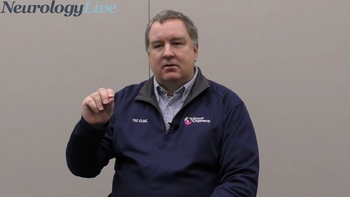
The director of the Tuberous Sclerosis Clinic at Cincinnati Children’s discussed the thought behind STOPS2, a trial aimed at preventing or delaying seizure onset in tuberous sclerosis complex. [WATCH TIME: 3 minutes]

Here's what is coming soon to NeurologyLive®.

Amid a changing and evolving landscape for adult migraine care, Christina Szperka, MD, MSCE, director of the CHOP Pediatric Headache Program, offered insight into the standard experience in pediatric migraine care.

The registered dietitian and founder of MS Bites spoke on changes in symptom care for patients with MS, as well as the sustained benefits of telehealth. [WATCH TIME: 2 minutes]

Christina Szperka, MD, MSCE, director of the CHOP Pediatric Headache Program, shared her perspective on the state of care and awareness for pediatric migraine amid the shifting landscape for adults.
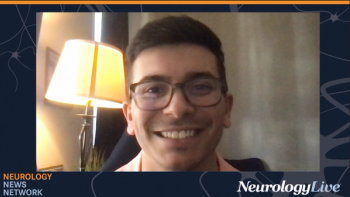
Neurology News Network for the week ending January 1, 2022. [WATCH TIME: 4 minutes]

Take 5 minutes to catch up on NeurologyLive®'s highlights from the week ending December 31, 2021.
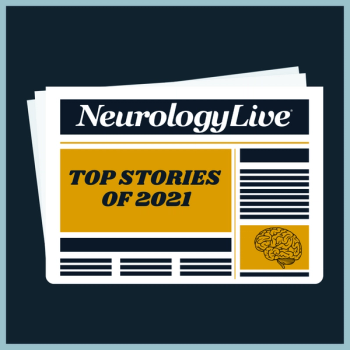
Check out the top stories from the field of sleep medicine from our coverage in 2021, including new understandings of insomnia and daytime sleepiness.
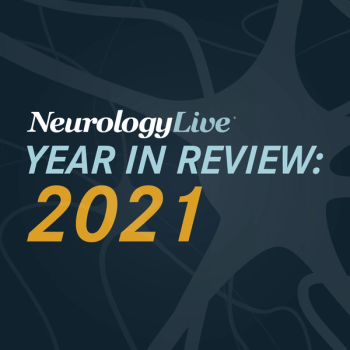
Take a look back at some of the most-viewed, top video series with key experts in neurology and their in-depth discussions, part of NeurologyLive®'s Year in Review.

Mind Moments®, a podcast from NeurologyLive®, brings you an exclusive interview with Jennifer Majersik, MD, MS.

What excites you? What awakens your sense of purpose? What gives your life meaning? Bradley McDaniels, PhD, CRC, explores the importance of meaning in one's life.

These news stories in stroke and cerebrovascular disease were top of mind in the conversations in the field and were often included in NeurologyLive®’s coverage.

As part of NeurologyLive®'s Year in Review, take a look at some of the most engaging conversations the team has had with experts in neurology this past year.

The clinical associate professor of neurology at the University of Michigan spoke on the importance of sleep medicine education for trainees, as well as areas that could be improved. [WATCH TIME: 3 minutes]
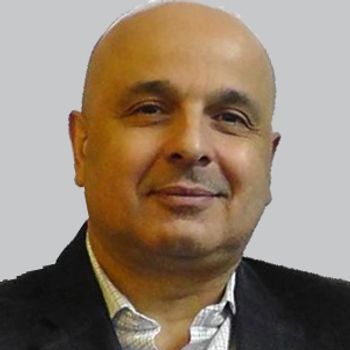
Patients with and without a history of aura had similar reductions in monthly migraine days and monthly acute migraine-specific medication usage after treatment with erenumab.

The Distinguished Professor of Neuromuscular Disease at University of North Carolina School of Medicine offered his insight into the newly approved Argenx agent, marketed as Vyvgart. [WATCH TIME: 3 minutes]

We’ve compiled the top stories from 2021 across the breadth of the neuromuscular field, from clinical developments to conversations in management and beyond.

As part of NeurologyLive®'s Year in Review, take a look at some of the most listened to and engaging conversations from the Mind Moments™ podcast from this past year.

The director of the Joseph Epstein Center for Emergency Medicine Research provided context on a study that showed wide variation in EDs diagnosis, treatment, and management of headache.

These news stories were the top conversations in the field and were often included in NeurologyLive®'s coverage in movement disorders such as Parkinson disease, Huntington disease, and essential tremor, among others.

The clinical associate professor of neurology at the University of Michigan outlined a recent study that assessed the effectiveness of an educational sleep medicine “boot camp.” [WATCH TIME: 2 minutes]

As part of NeurologyLive®'s Year in Review, take a look at some of the biggest FDA approvals and decisions from this past year.
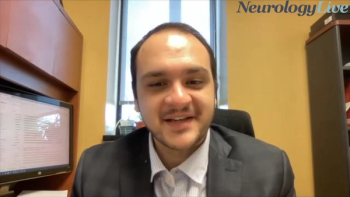
The research assistant professor at the Buffalo Neuroimaging Analysis Center detailed the improvements the current batteries for detecting cognitive impairment in MS need. [WATCH TIME: 3 minutes]

Mona Bostick, RDN, LDN, MSCS, reflected on the past year in multiple sclerosis care, offering her opinion on the importance of diet and science-based nutritional approaches.

These news stories were among the most-discussed conversations in the field and were often included in NeurologyLive®'s coverage in multiple sclerosis.
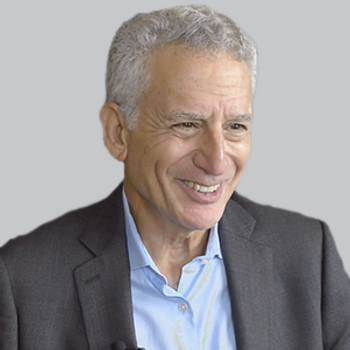
Howard Fillit, MD, founding executive director, ADDF, provided his perspective on the state of the Alzheimer disease field as 2021 comes to a close.